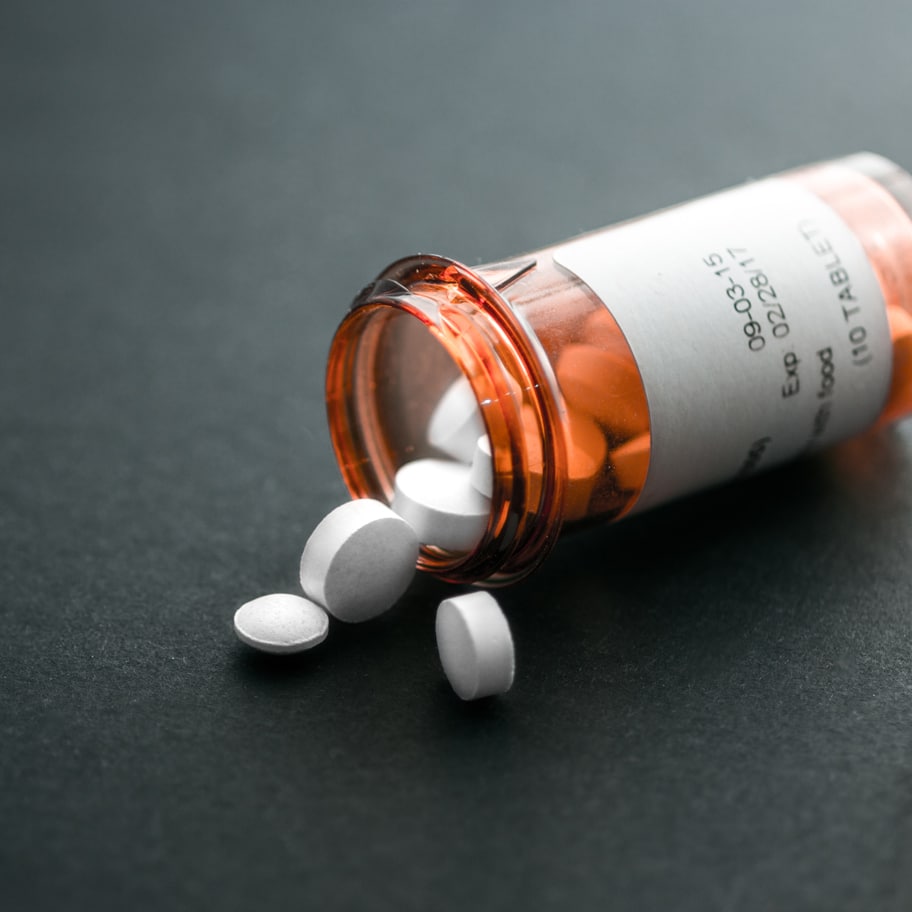How Can Pharmacy Overdoses Happen?
Medication and prescription errors can happen by receiving the wrong medication from a qualified medical professional, leading to severe consequences and side effects. It is important to ensure that the medication given to you by the pharmacy matches the prescription you were instructed to get by the doctor. If you or a family member has experienced injuries due to medication and prescription error, you may be able to pursue a pharmacy overdose claim.
Types of Prescription Errors
Defective drug, medication and prescription errors can generally be separated into two groups. The first case is when the prescription has been wrongly distributed by the pharmacist (prescription and dispensing errors) which has caused illness or injury to the patient. The second category is when the doctor prescribes a wrong prescription for the patient causing severe health issues. Both groups are classed as medical negligence.
Medication Administration Errors – Combinations
The majority of medication is harmless to your health when taken by itself, but can react viscously when taken alongside other medicines. Doctors should be knowledgeable of the combinations of medicine that are damaging when prescribed together. Failing to be aware of this can cause severe illness or injury to the patient.
Incorrect Dosage or Wrong Prescription
Each individual patient is given a recommended dosage from their doctor. In some circumstances, the doctor can misjudge the dosage that was necessary which may lead to a patient becoming ill due to overdosing on the prescribed medication. In cases where a doctor wrongfully prescribes medication to a person can seriously affect the person’s recovery and progression of their illness or injury.
Medical Allergy
The doctor may prescribe medication without checking your medical record which causes serious side effects to your health and can be life-threatening if not acted upon rapidly. This is classed as medical negligence.
Medication Errors in Hospitals
Medication errors in hospitals can not only cause further illness by taking the wrong medication but can also result in the original illness not being treated, meaning the condition can deteriorate.
Causes
Below are some prescription error examples which can happen in hospitals, GP surgeries and pharmacies:
Inadequate Labelling
A pharmacist or doctor may misread the handwriting on the prescription and dispense the wrong medication or the incorrect amount of dosage. This error may lead to the patient sustaining severe health issues.
Incorrect Knowledge
A doctor may decide to make an improper medical decision about what is the appropriate medication and write a prescription for the patient based on this decision. Inadequate awareness of medication names or the wrong knowledge of medical abbreviations can lead to a medication overdose injury.
Errors in Prescription Writing
Doctors can make mistakes when writing prescriptions but the mistake may simply be illegible handwriting. In cases where a pharmacist cannot read the doctor’s writing, they may miscalculate a dosage because they cannot make out the dosage amounts which can cause a medication overdose injury. The only way of preventing medication errors like this is for the pharmacist to either contact the doctor or wait until they have clear dosage instructions before dispensing the medicine.
Keep in mind that these types of errors can also be caused by nursing staff on duty at the time, who may be responsible for the distribution of a patient’s medication. This is why it is important to know the full extent of the situation and how the accident happened when making a claim.

